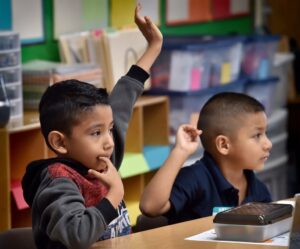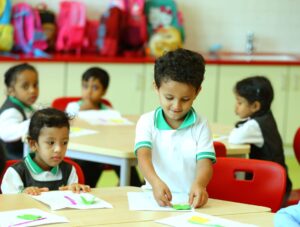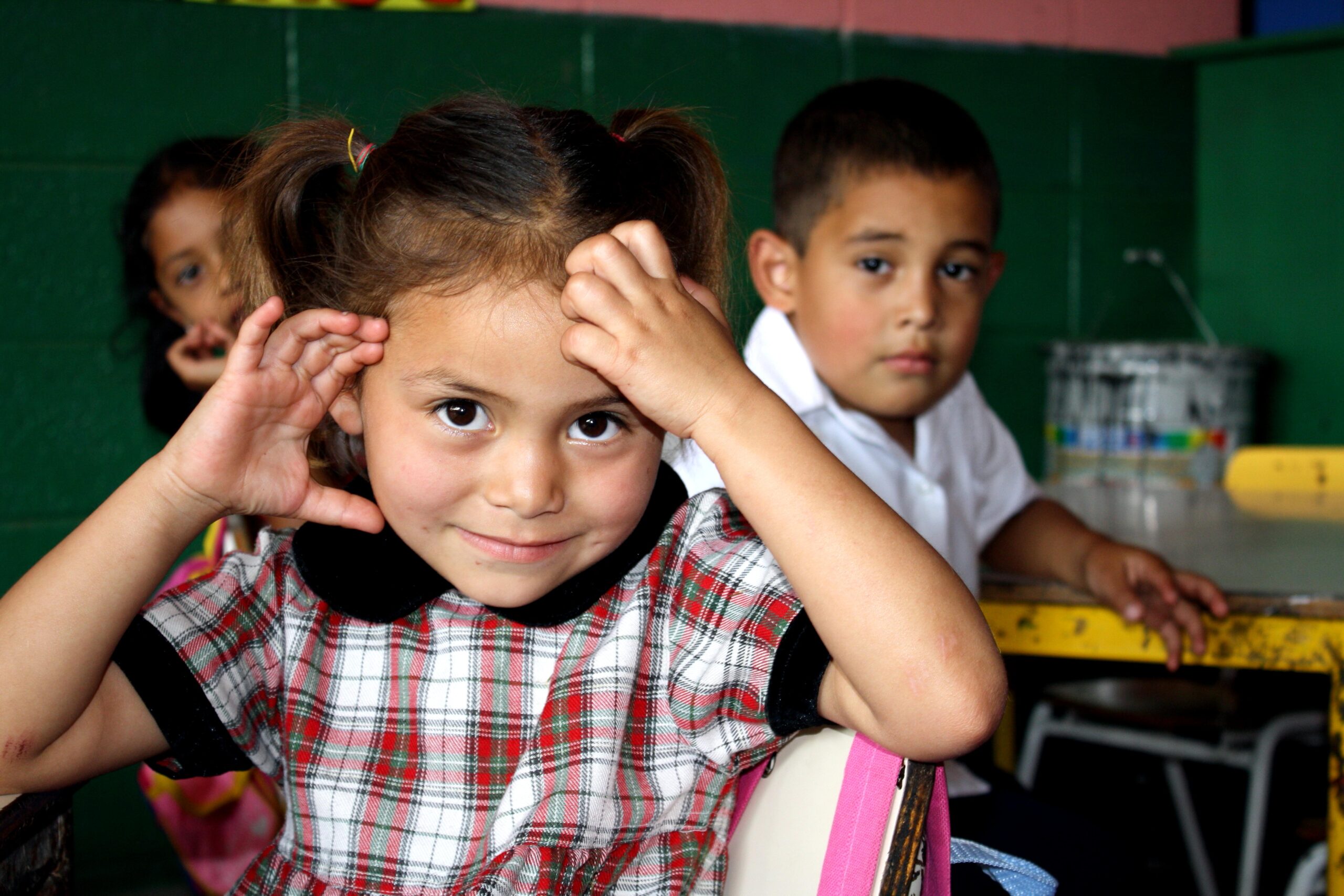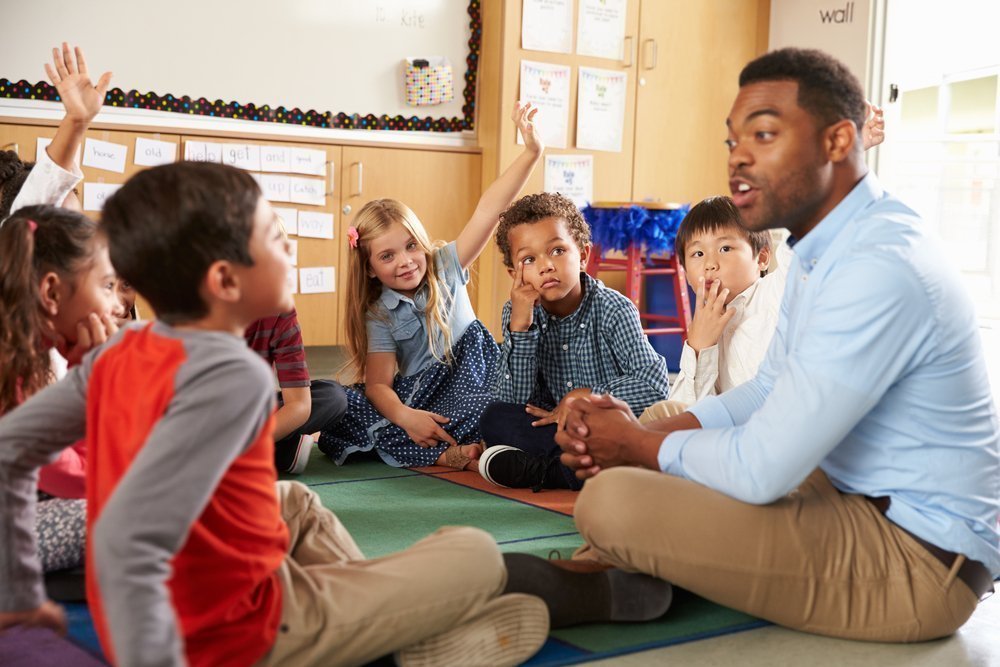Entering school is a turning point in a child’s life. The psychological aspects of adaptation to a new, school life are discussed in detail in the article “Adaptation of a First-Grader to School”. Below we will talk about the psycho-physiological changes that accompany this period in a child’s life and trace letter a.
The beginning of a new activity – learning – requires a child to have a higher level of development and organization of mental processes (perception, attention, memory, thinking), as well as a higher ability to control his behavior. According to physiologists, the cortex of the large hemispheres of the human brain reaches the maturity necessary for this by the age of seven. And, as a rule, children at this age begin to show an interest in learning what is 2/3as a decimal and they do well, even if they did not want to work with their parents or attend developmental groups before. First graders, who have already turned seven, are more mature psychophysiologically, mentally and socially than six-year-olds. This is why, other things being equal, seven-year-olds tend to be easier to engage in learning activities and to master the requirements of mainstream school more quickly.
However, specifically the parts of the brain responsible for programming and shsat test, regulating and controlling complex forms of mental activity are not yet fully formed in children of this age (the development of frontal parts of the brain ends only by 12-14 years, and according to some data – only by 21 years). This manifests itself in the fact that first graders are easily distracted, unable to concentrate for long periods, their attention is poorly organized, unstable, they have low work capacity and get tired quickly, are excitable, emotional and impressionable. Motor skills, fine hand movements are still imperfect, which causes natural difficulties in learning to write, work with paper and scissors, etc. First graders have well-developed involuntary memory which captures vivid and emotionally intense information and events in their lives, but logical and semantic processing of material is not yet available to them. To perform mental operations of comparison, generalization, analysis, and logical inference children need to rely on visual material; actions “in the mind” are difficult for first graders. The behavior of first graders is disorganized, unorganized, and undisciplined.
imperfect, which causes natural difficulties in learning to write, work with paper and scissors, etc. First graders have well-developed involuntary memory which captures vivid and emotionally intense information and events in their lives, but logical and semantic processing of material is not yet available to them. To perform mental operations of comparison, generalization, analysis, and logical inference children need to rely on visual material; actions “in the mind” are difficult for first graders. The behavior of first graders is disorganized, unorganized, and undisciplined.
It is important to understand that the child learns to control himself and his thought processes gradually, needs development. Famous national psychologist L.I. Bozhovich wrote on this subject: “No teacher will never require students to solve such arithmetic problems, solutions of which he had not previously taught them. But many teachers require students to be organized, diligent, responsible, accurate, etc., and at the same time do not care about giving children the appropriate skills and habits beforehand.
In addition, the psycho-physiological condition of the child during this period is affected by changes in the daily routine, increased strain on the sight and spine, small muscles of the hand, lack of motor activity (so during this period it is very important to do sports, walk in the fresh air, play, during which the child can move freely).
You should also take into account the individual characteristics of your child and not compare it with other children or with yourself – because parents, and especially grandparents studied under completely different conditions, when the world was not so dynamic and saturated with information.


